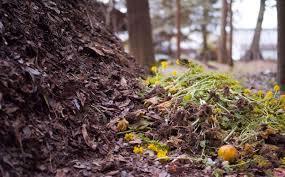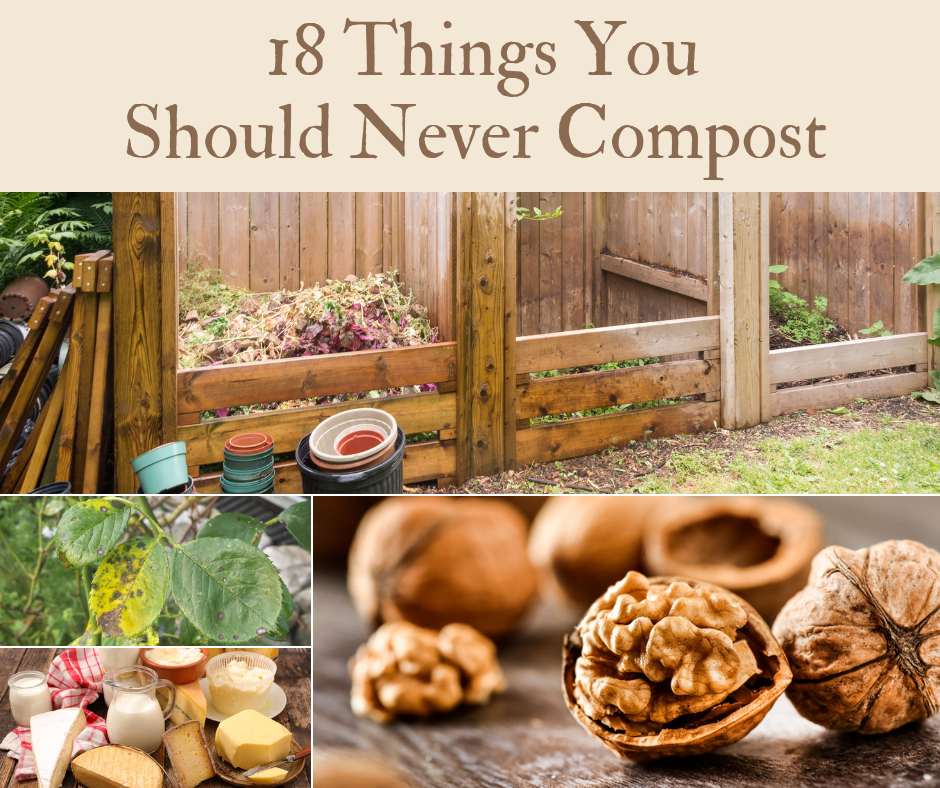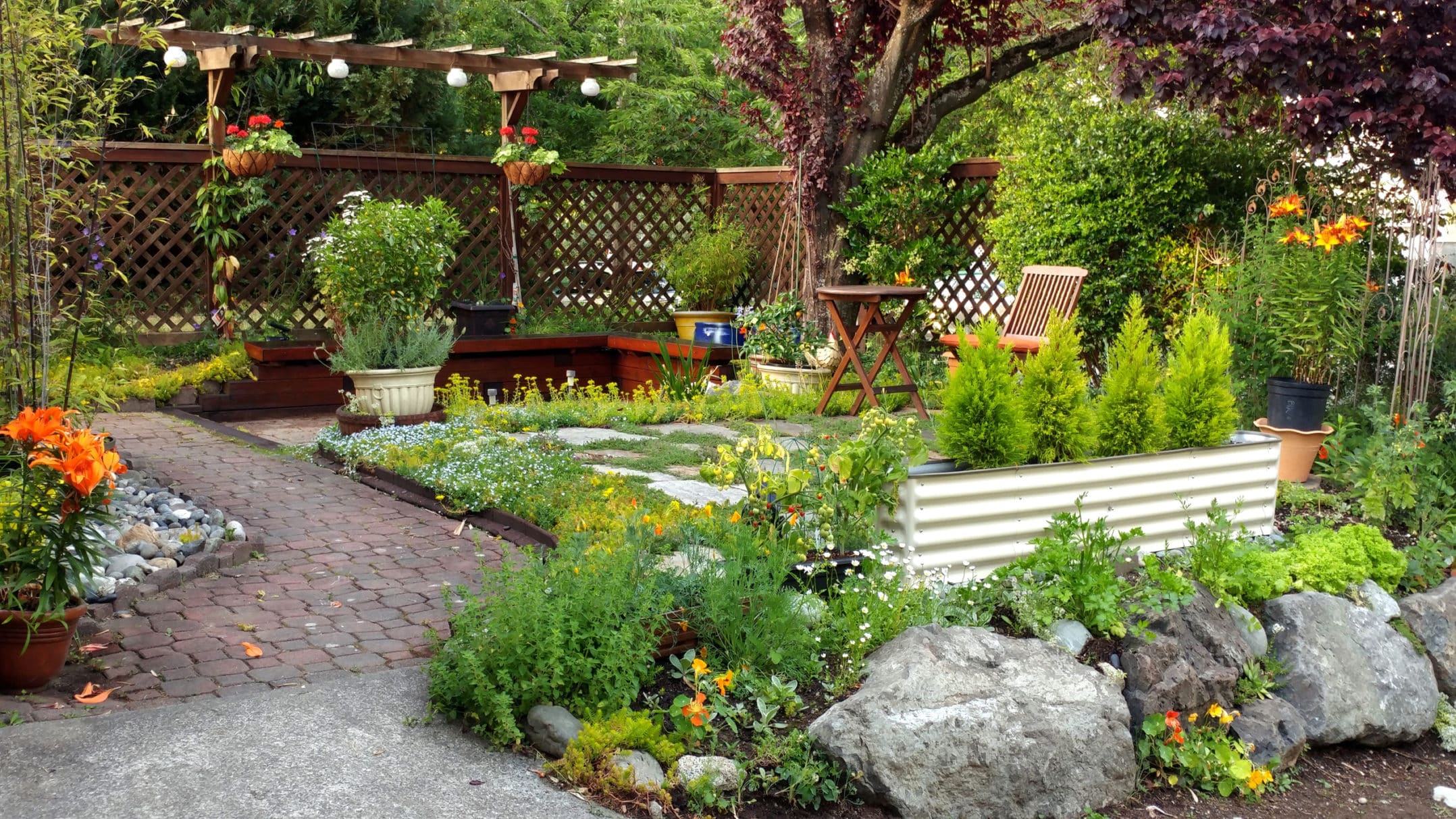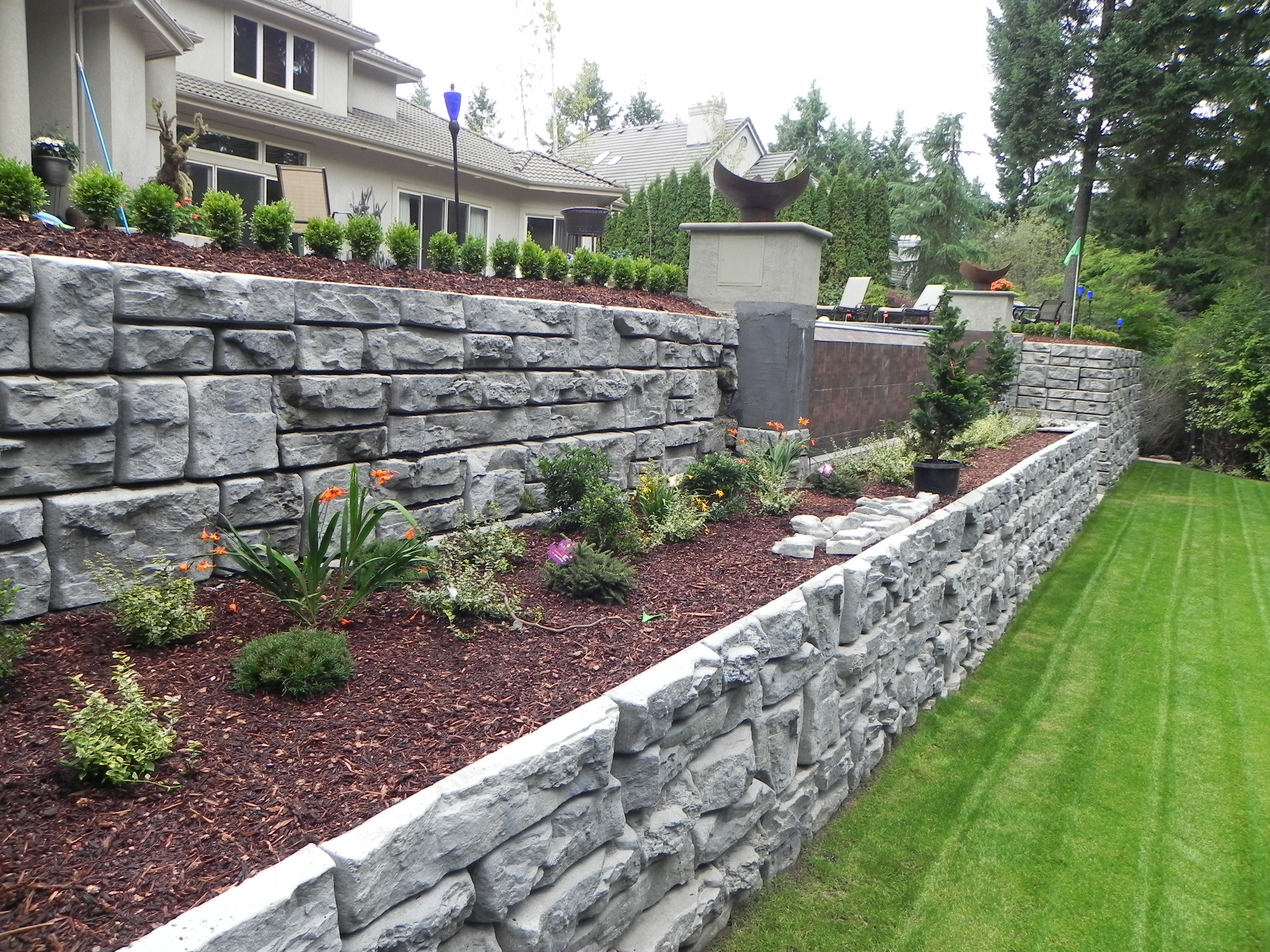A great way to recycle unwanted objects and waste is composting nutrient-rich soil, but think before you throw them away! Adding items from the list above, you create an unhealthy environment for your compost bin. You will end up with a smelly, “overheated” compost that will probably even attract unwanted animals to your yard/garden.
Also, it is always important to keep toxic elements out of the soil where you plan to grow food! In the meantime, you can compost almost anything that is organic and live once, but there are some things you cannot compost, or you should avoid composting them to a large extent to avoid hassle. So what are they? Find out what not to compost from this list.

1. Baked goods
This includes cakes, pasta and most baked goods. Put all of these items in your compost pile, and you will have rolled out the welcome mat for unwanted pests.
2. Cooking [Grease oil
These oils smell like food for animal and insect visitors. They can also disturb the water balance of the compost. In particular, cooking oil, these oils smell like food for the animals and insects that are attracted to your compost.
3. Sick plants
Instead, they should be put in the trash. You don’t want to transfer fungal or bacterial problems to what ends up growing in your finished compost.
4. Heavily coated or printed paper
The list is long and includes magazines, catalogs, printed cards and most printed or metallic packaging papers. The sheets don’t decompose, and you don’t need a pile of exotic printing chemicals in your compost.
5. Human or animal feces
It is too great a health risk. This includes the kittens’ litter box. Litter and litter from non-carnivorous pets should be acceptable.
6. Meat products
These include bones, blood, fish and animal fat – another magnet for parasites.
7. Dairy products
Do not compost milk, cheese, yogurt and cream. Although they undoubtedly degrade, they are attractive to pests.
8. Rice
Cooked rice is exceptionally fertile ground for bacteria you don’t want to see in your pile. Raw rice attracts vermin.
9. Sawdust
It’s so tempting. But if you don’t know that the wood it comes from hasn’t been treated, stay away from it.

10. Stubborn garden plants
Dandelions, ivy and kudzu are examples of plants or weeds that will probably view your compost pile as an ideal place to grow, rather than decompose.
11. Used personal products
Tampons, nappies and items soiled with human blood or fluids are a health risk.
12. Nuts
Nuts contain juglone, a natural aromatic compound that is toxic to certain plants.
13. Inorganic and non-biodegradable materials
Inorganic and non-biodegradable materials such as plastic, glass, aluminum foil, metal should never be thrown into a compost heap as they will never decompose. Similarly, pressure-treated wood should be avoided, as it is treated with chemicals.
14. Coated or glossy papers
Do not compost magazines, catalogs, old business cards or cards, and wrapping paper or glossy papers, as the chemicals and toxic substances they contain can be harmful to your plants later on. However, you can compost newspapers, textbook pages or papers with less or no ink.
15. Sawdust
It is not possible to determine whether or not the wood has been treated with chemicals and other harmful ingredients. It is best not to dispose of the sawdust in the compost pile.
16. Lawns recently treated with chemicals
Many grasses have undergone some degree of chemical treatment. The composting process can break down these materials, but only in small amounts. Since lawns are usually treated with high concentrations of pesticides or herbicides, clippings from a freshly treated lawn should not be composted for a few weeks; in other words, the attention has had time to wane.
17. Synthetic fertilizer
Synthetic fertilizers can disturb the balance of nutrients in the soil and increase soil salinity.
18. Leather Goods
Your worn-out belts, wallets, purses gloves etc. are organic, but they take years to properly decompose, especially since most leather accessories are treated with life-extending materials.


